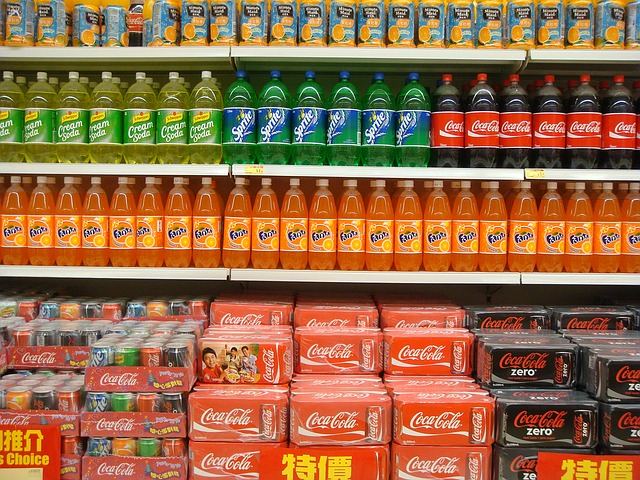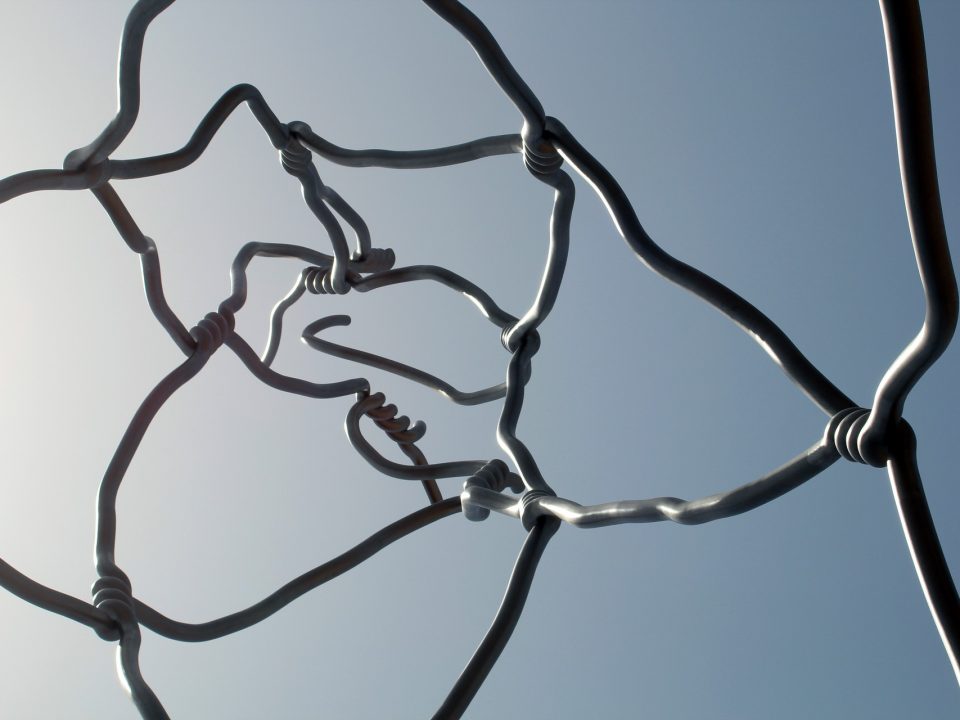Soda Tax Lawsuit Struck Down Again

Philadelphia’s ever-controversial soda tax has passed yet another legal hurdle, with five of seven judges of a Commonwealth Court panel maintaining the earlier ruling of a lower court and allowing the levy to remain in effect. The plaintiffs were a group consisting of several organizations that represent different areas of the beverage industry, all of whom argued that the tax represented an unfair burden on consumers and a barrier to profits for the soda industry. City Solicitor Sozi Pedro Tulante had this to say in response: “The Commonwealth Court judges gave thorough consideration to the plaintiffs’ claims and an overwhelming majority came to the same conclusion as Common Pleas Court: that the American Beverage Association’s arguments are without merit.”

The Philadelphia soda tax has faced down yet another legal challenge.
Mayor Jim Kenney, who originally championed the soda tax, issued his own statement: ““Two courts have now considered the arguments of the beverage industry and both are certain that the Philadelphia Beverage Tax stands on solid legal grounds. As I stated when the beverage tax was upheld in Common Pleas Court, the children of Philadelphia are waiting for the opportunities that the tax can provide. Our entire city desperately needs us to be able to move forward with the programs funded by the tax and we will be unable to do that in full until full legal action is resolved.”
The soda tax was originally designed to fund universal pre-kindergarten education for Philadelphia’s children, as well as community centers and schools.
The plaintiffs have no intention of going down without a fight, however. Right after Common Pleas Court Judge Gary S. Glazer dismissed the case last December, the group (which, in addition to the American Beverage Association, includes a group of several local soda consumers; Philadelphia restaurants including City View Pizza and John’s Roast Pork) pledged to appeal the ruling and to keep appealing until they reached the state Supreme Court.



